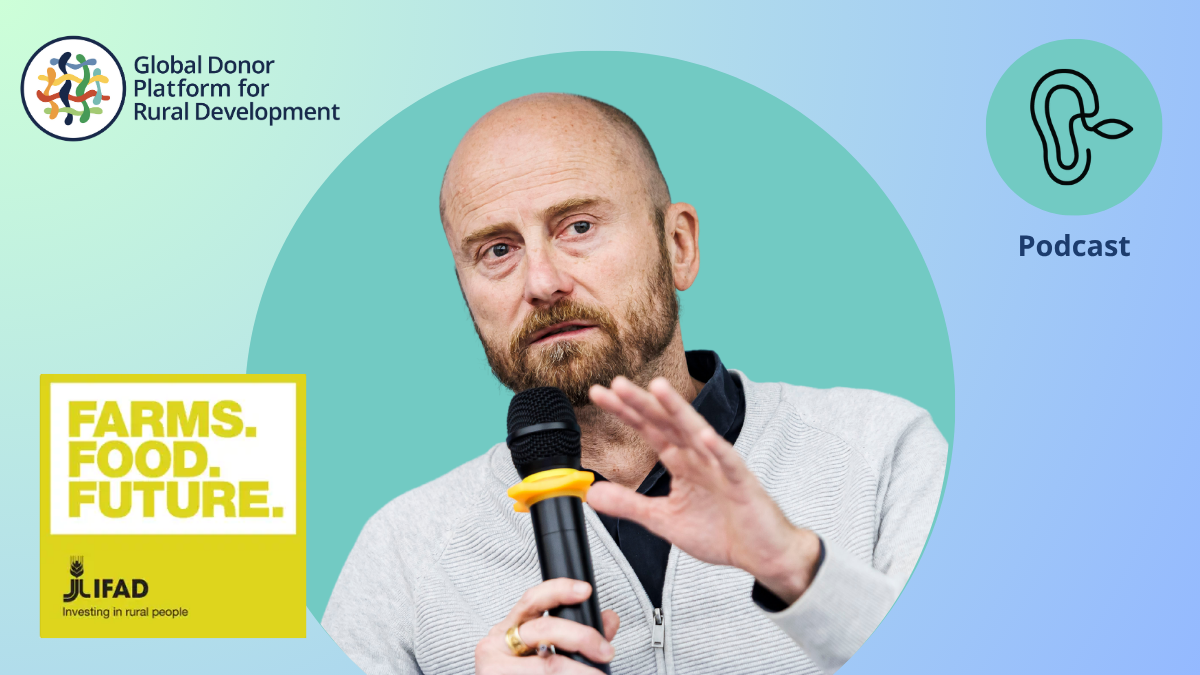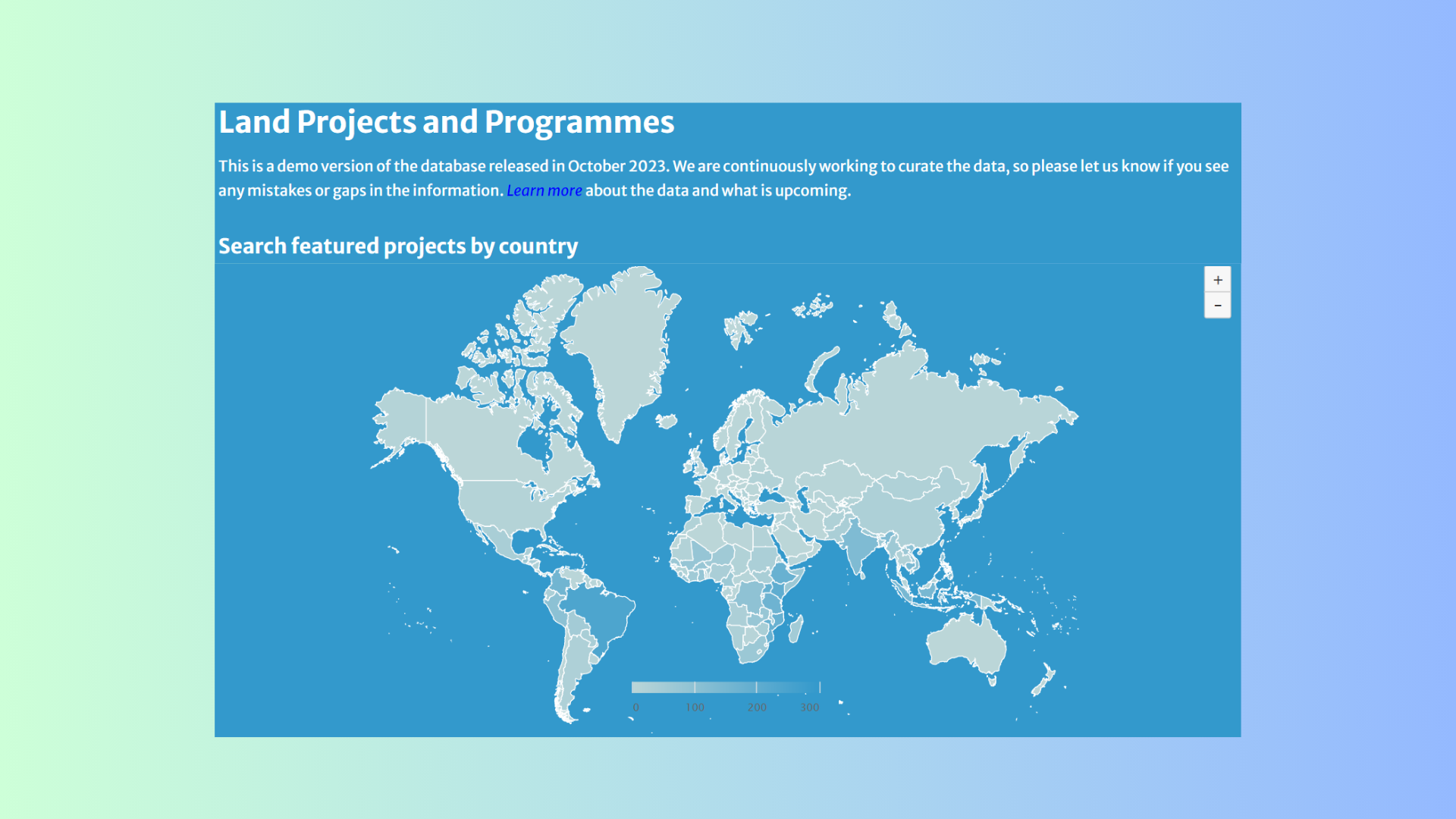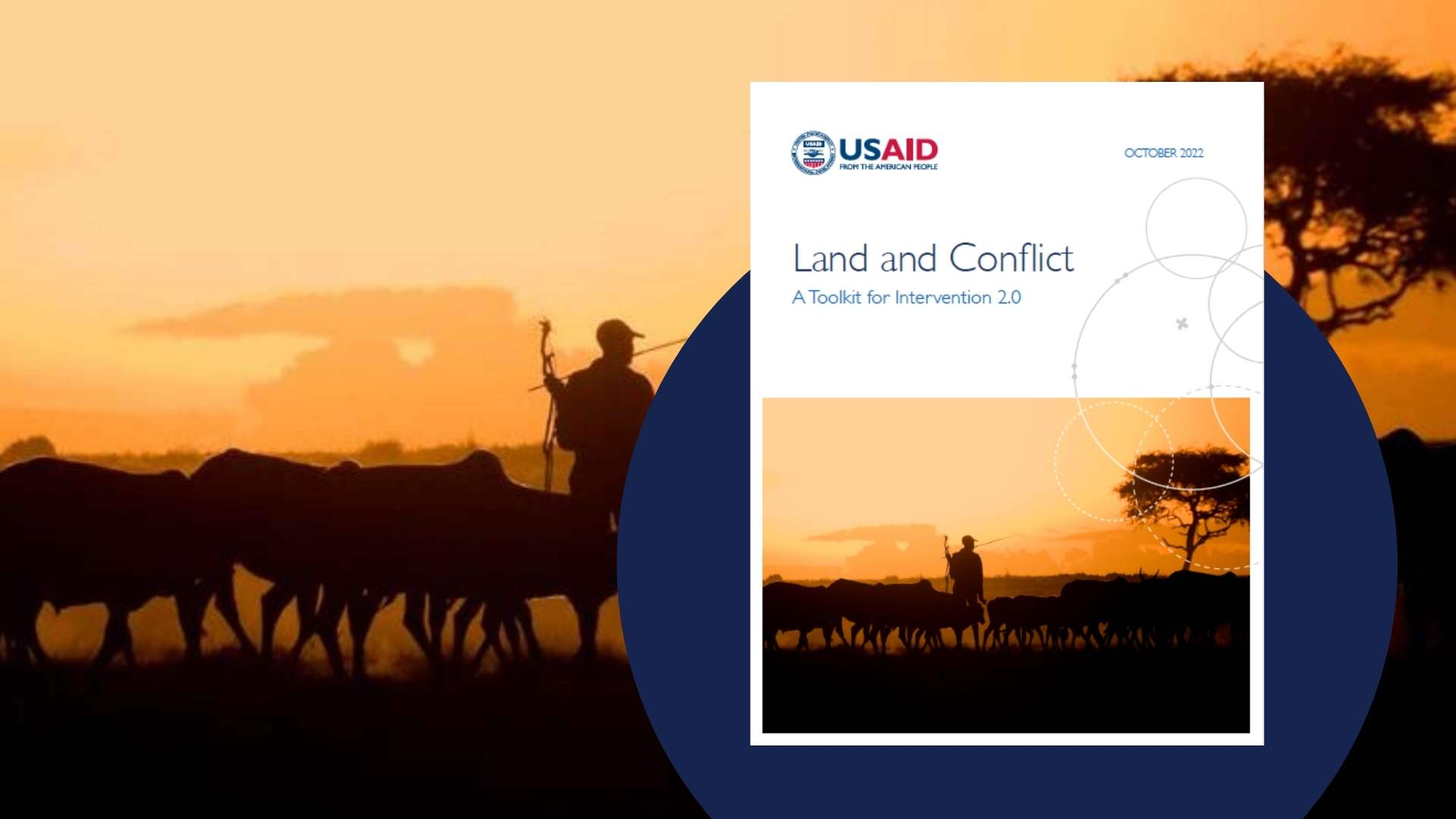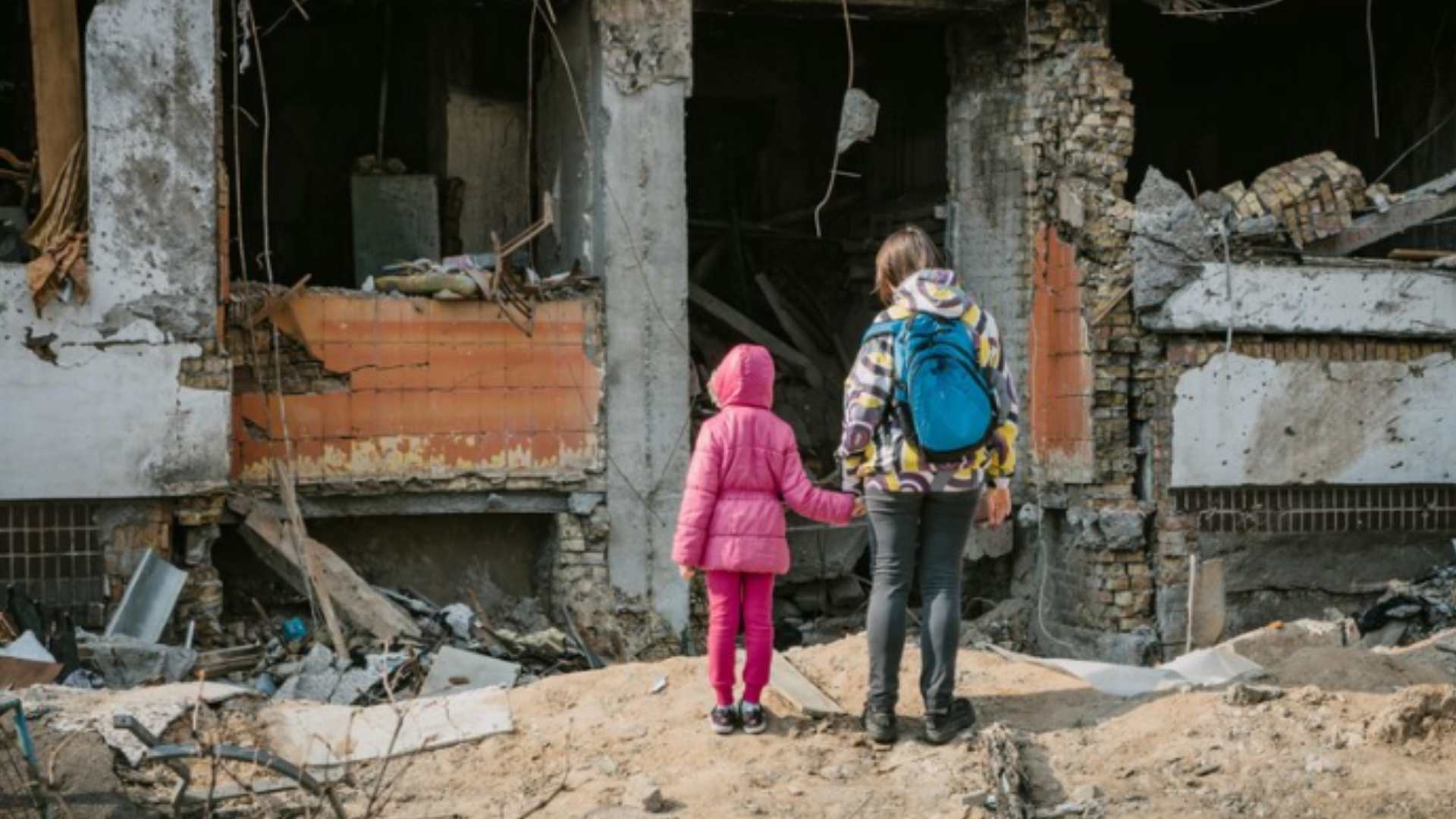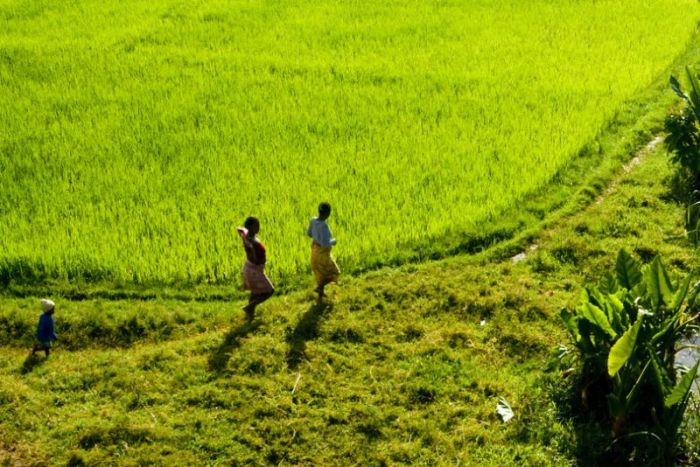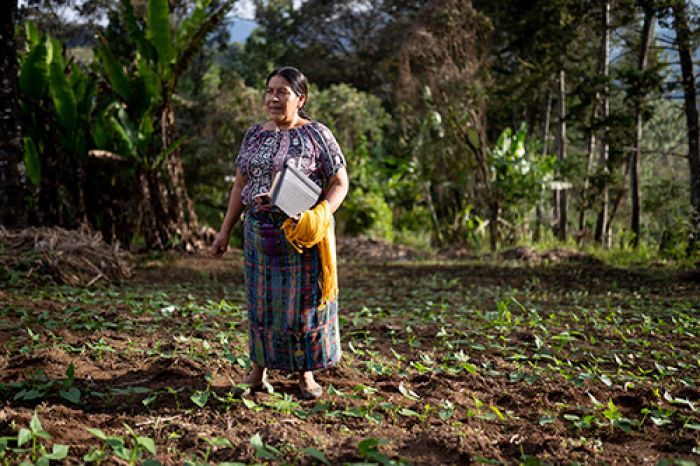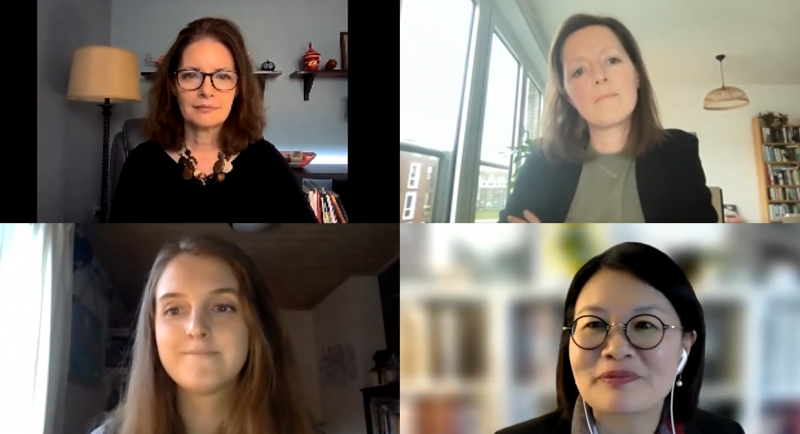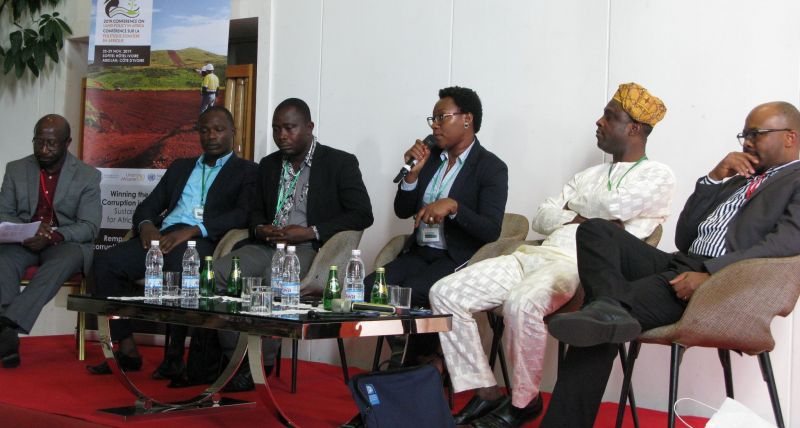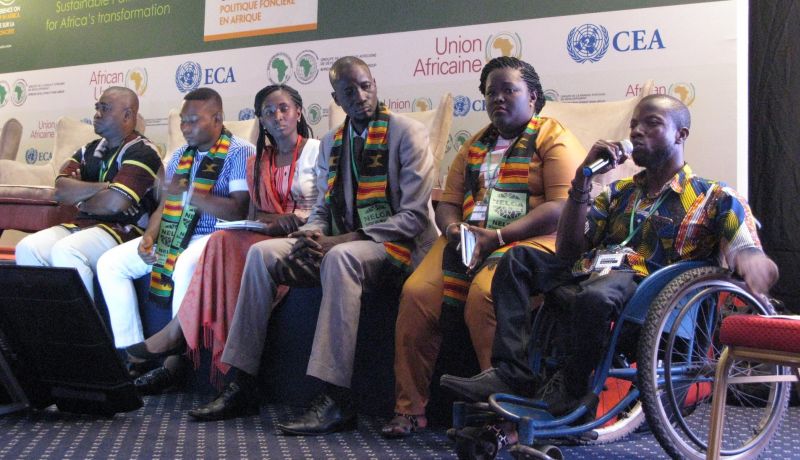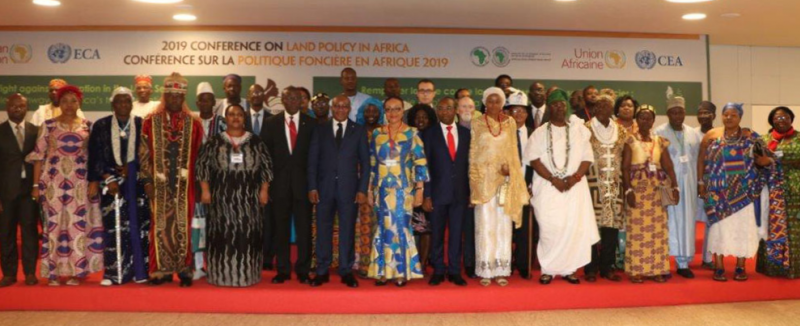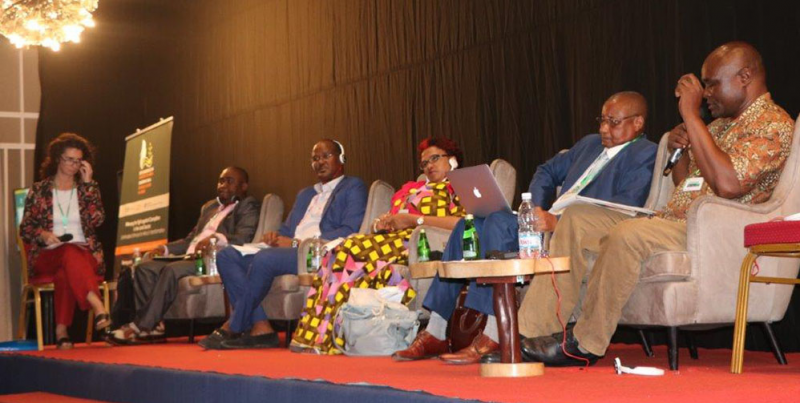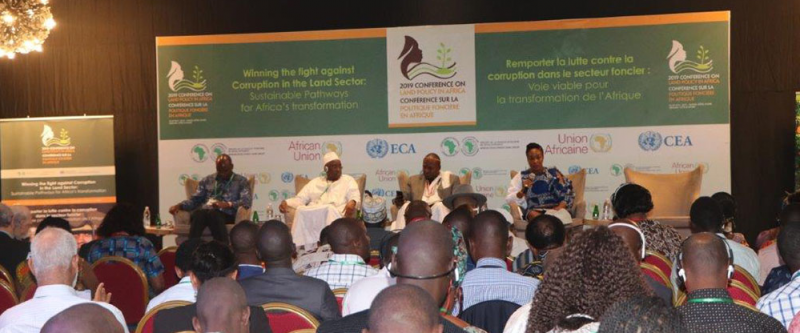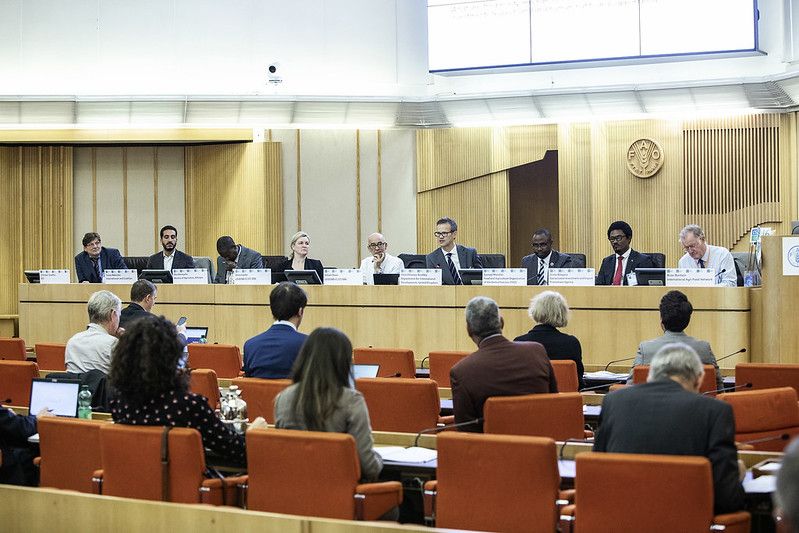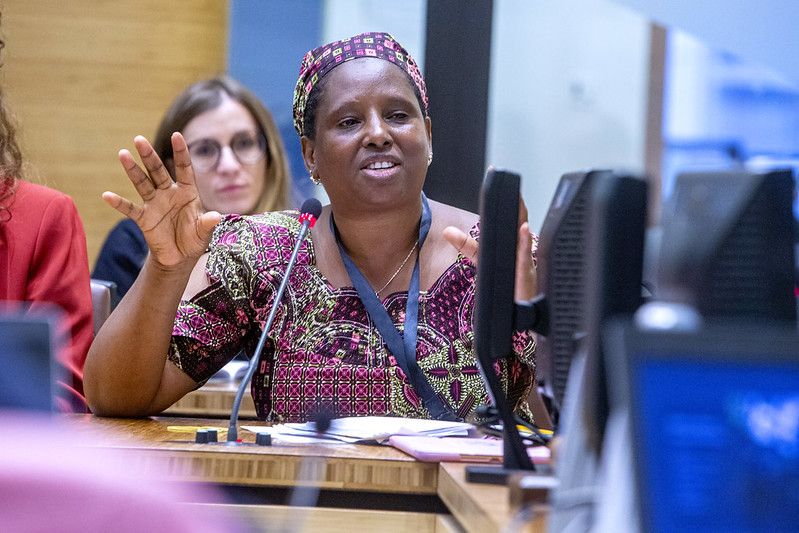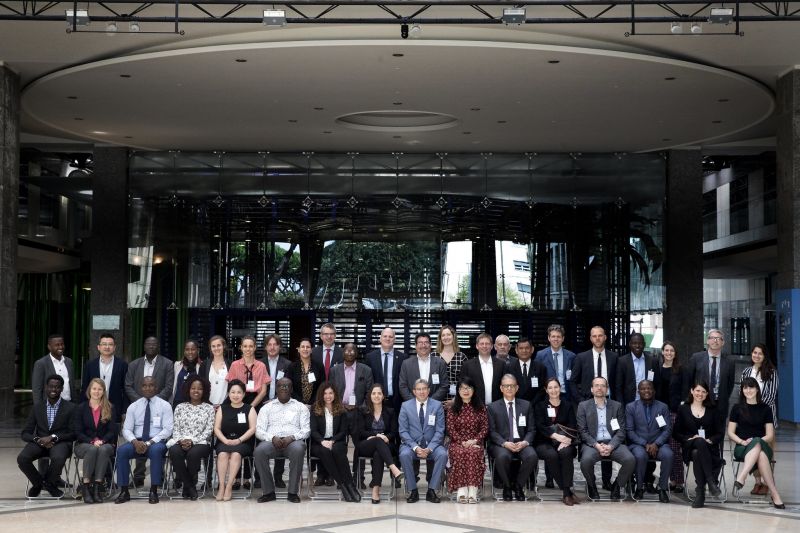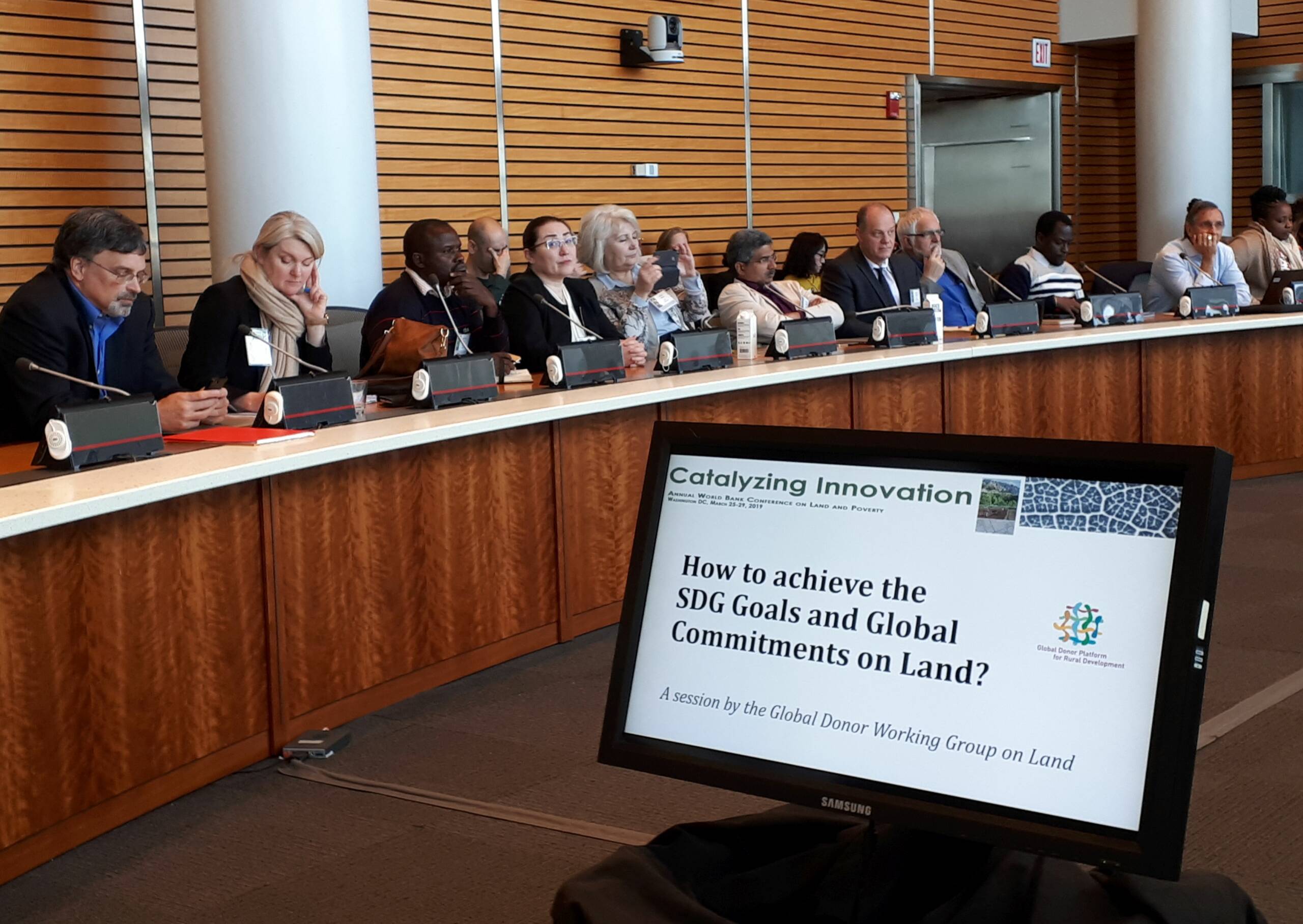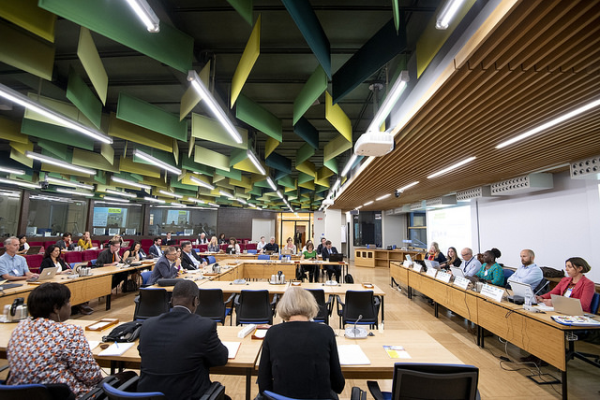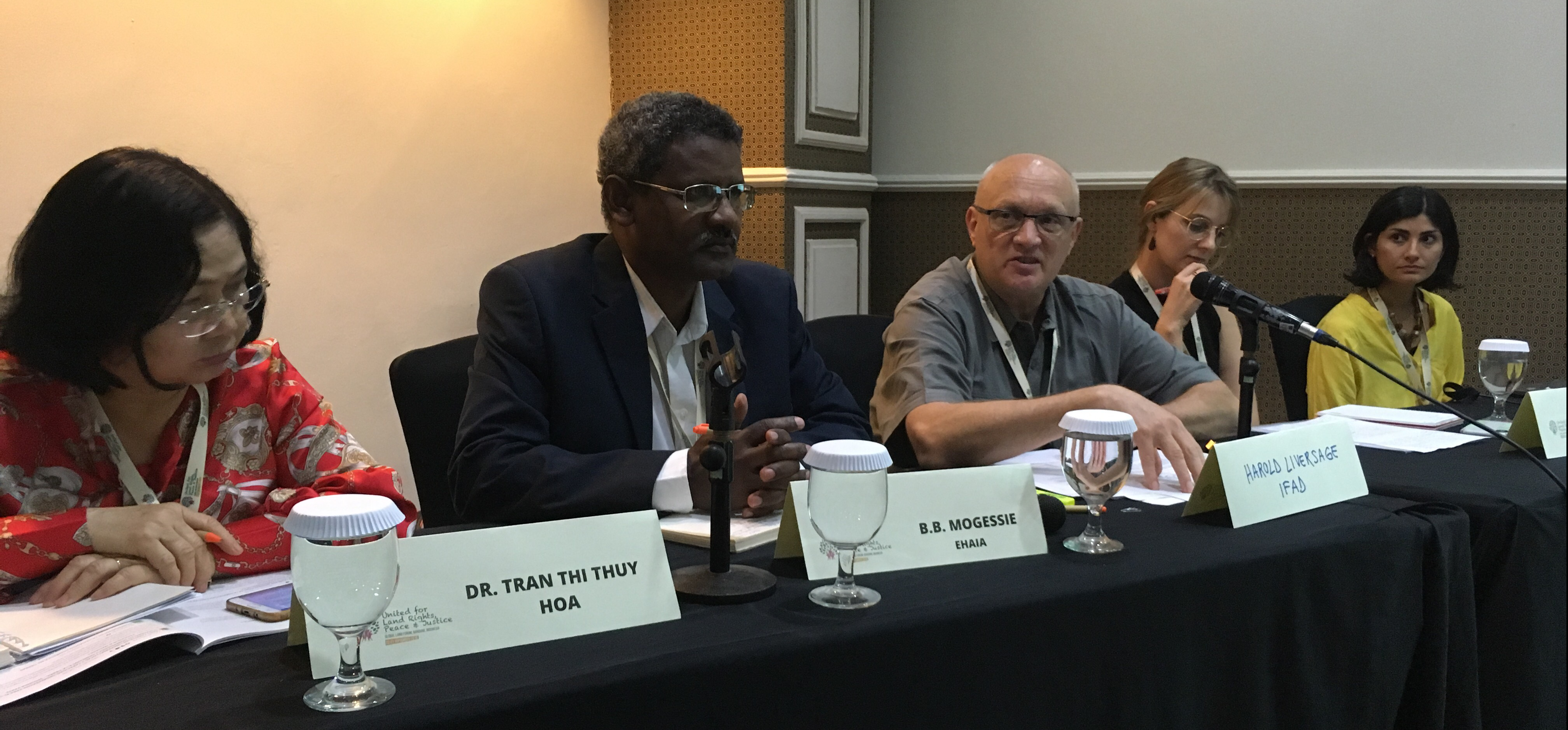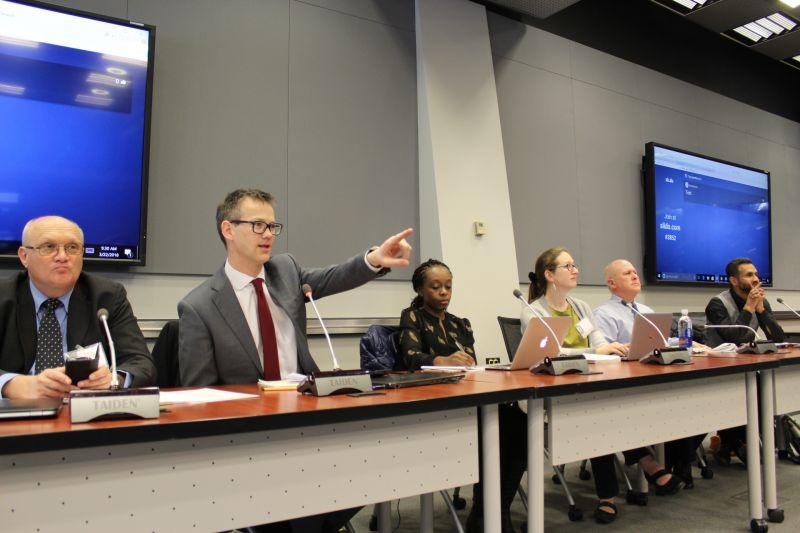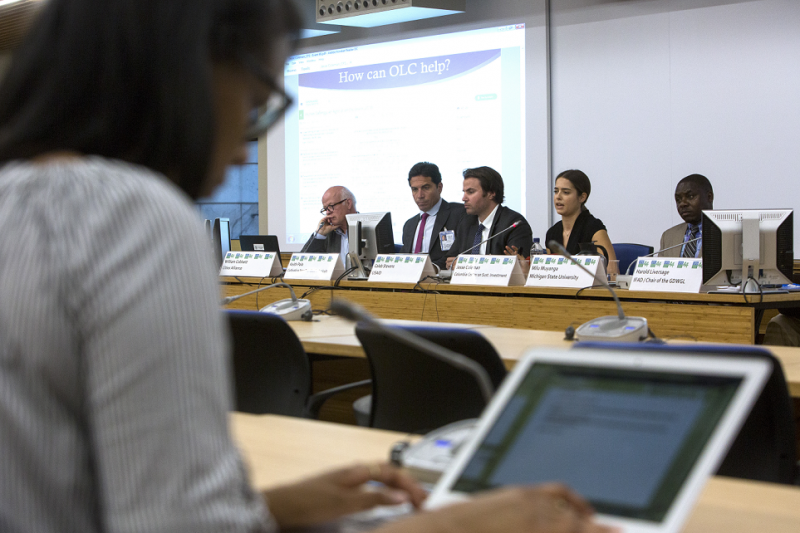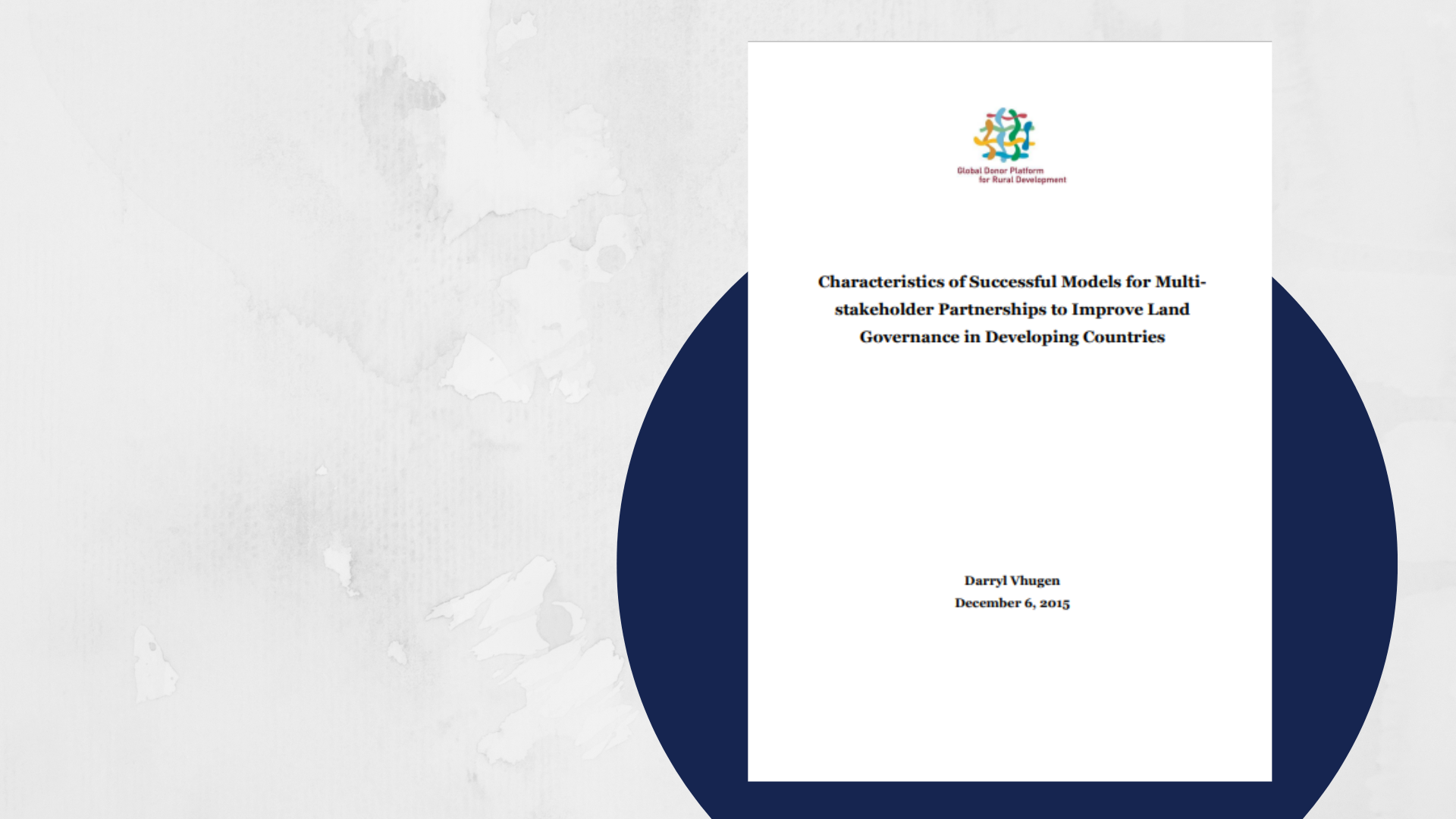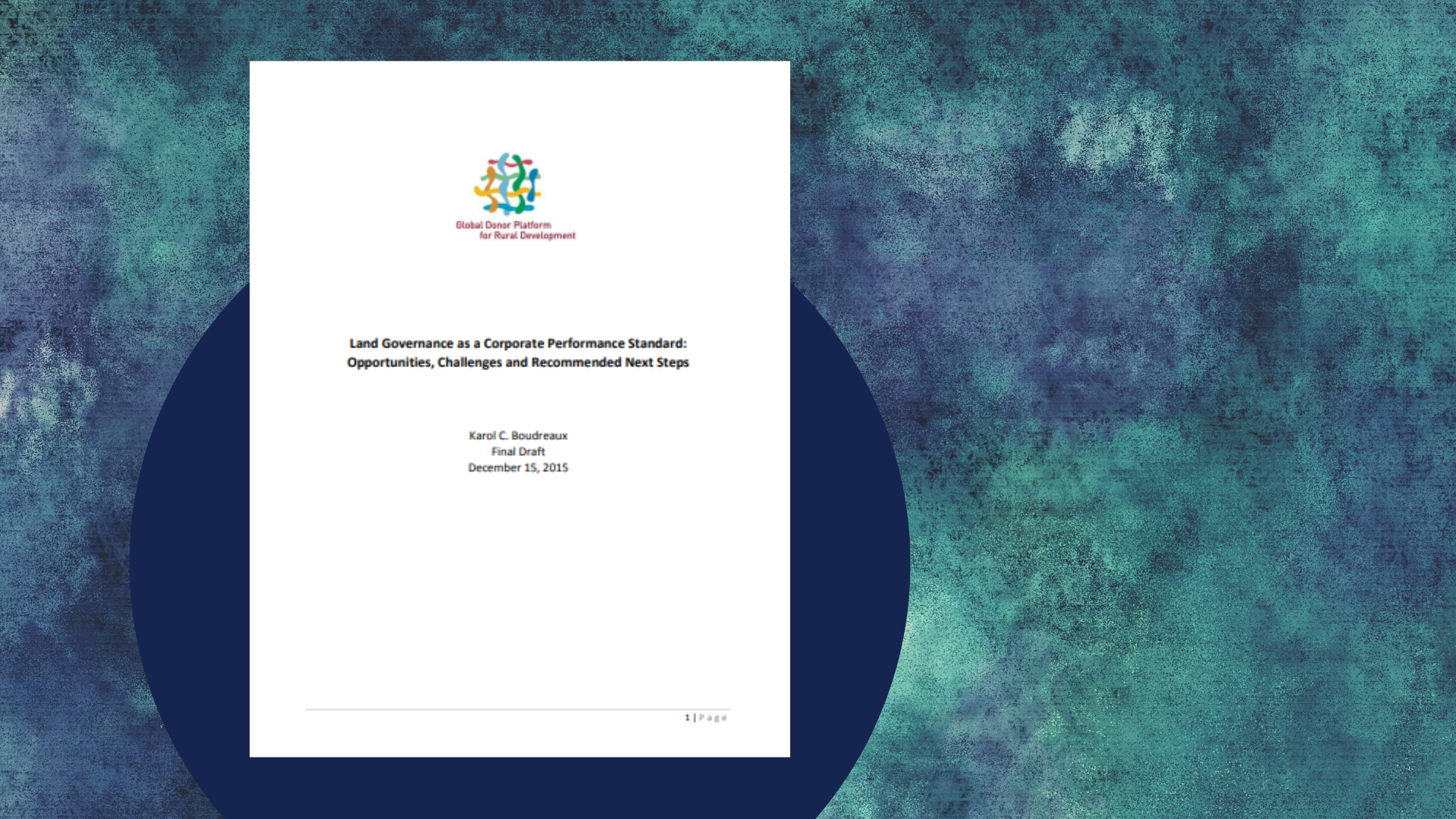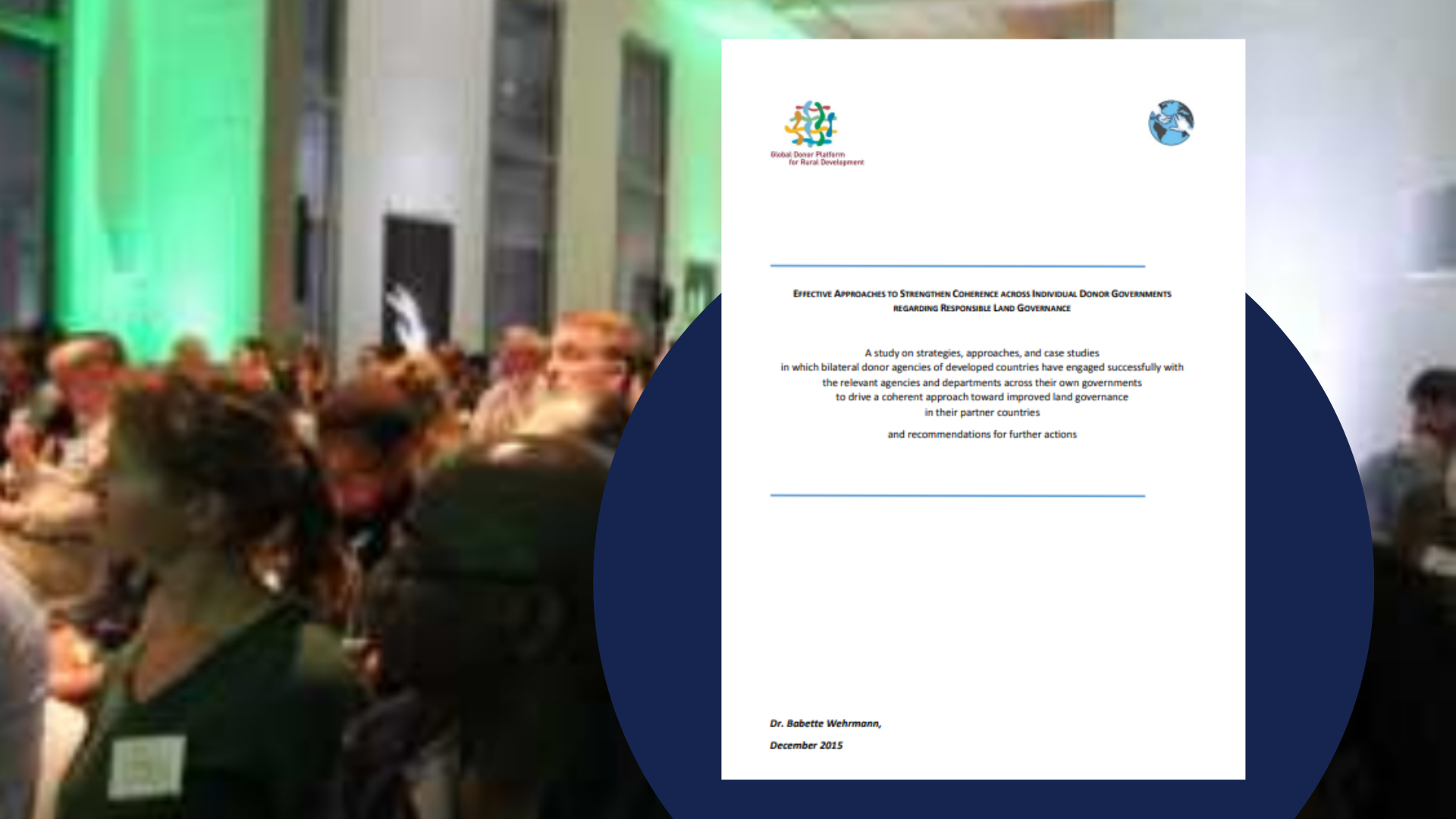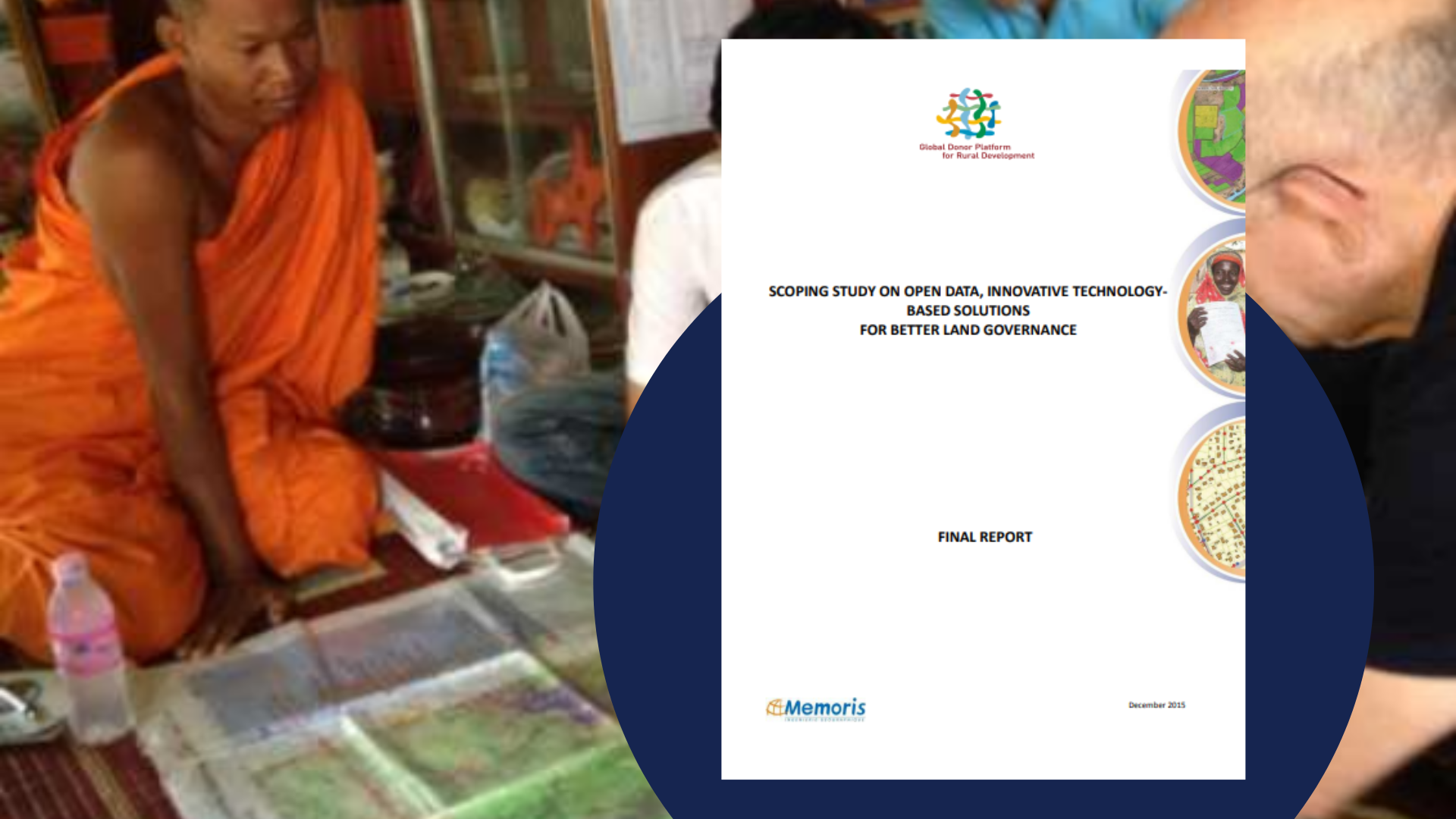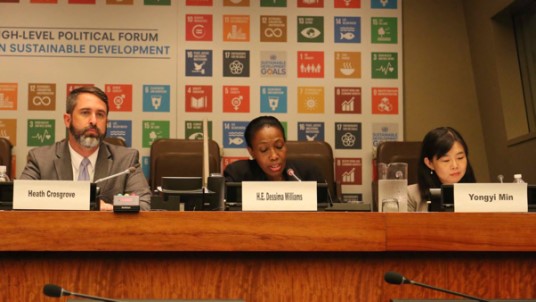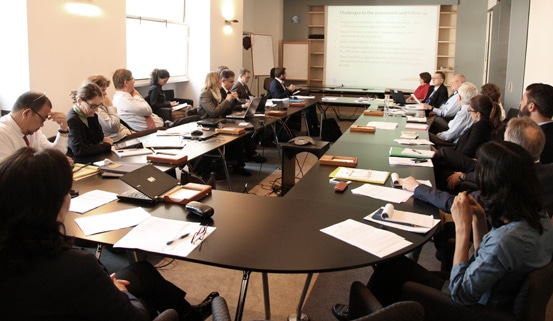The LAND-at-scale (LAS) programme, launched on 3 April, 2019 by the Netherlands Minister for Foreign Trade and Development Cooperation, Ms Kaag, aims to strengthen land governance components for women, men, and youth so that they may contribute to structural, just, sustainable, and inclusive change on a large scale in developing countries, regions, and landscapes. LAS is commissioned by the Ministry of Foreign Affairs and Trade of the Netherlands (NL MoFA).
Links
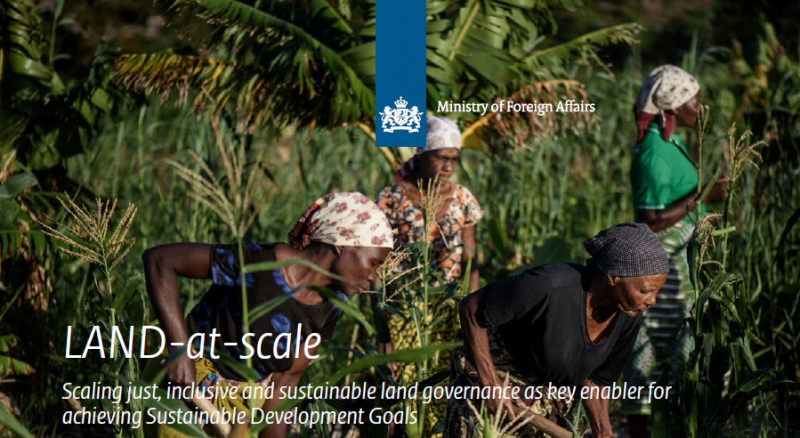
LAS’s goal is to upscale Dutch government supported local intervention ideas that have high potential to increase equal access to land and natural resources, reduce conflicts and competing claims over land and natural resources, and lead to a more sustainable and efficient use of land and natural resources for food, housing, and production. These initiatives will be upscaled across landscapes and regions in developing countries, thereby complementing and adding value to the ongoing support and engagement of the NL MoFA in various partner land governance organizations, such as the International Land Coalition and the Global Land Tool Network.
The goal of responsibly achieving secure tenure rights is at the heart of LAS. This is reflected in the principles of LAS, which are aligned with those of the Voluntary Guidelines on the Responsible Governance of Tenure of Land, Forests and Fisheries (VGGTs) (see Box). These principles will guide the management of the program by the Netherlands Enterprise Agency (RVO), who collaborated with the NL MoFA on LAS’s development. RVO will obtain the potential interventions from Dutch embassies in ODA recipient countries. RVO will then develop these ideas with local stakeholders in order to support upscaling successful pilots, innovative interventions with upscaling potential, and increased knowledge and learning via a number of methods, including capacity development for land related organisations, awareness raising, and advocacy support for vulnerable people in land governance and how to effectively strengthen their rights to land.
The Five VGGT Principles
- Recognize and respect all legitimate tenure right holders and their rights. They should take reasonable measures to identify, record and respect legitimate tenure right holders and their rights, whether formally recorded or not; to refrain from infringement of tenure rights of others; and to meet the duties associated with tenure rights.
- Safeguard legitimate tenure rights against threats and infringements. They should protect tenure right holders against the arbitrary loss of their tenure rights, including forced evictions that are inconsistent with their existing obligations under national and international law.
- Promote and facilitate the enjoyment of legitimate tenure rights. Governments should take active measures to promote and facilitate the full realization of tenure rights or the making of transactions with all rights, such as ensuring that services are accessible to all.
- Provide access to justice to deal with infringements of legitimate tenure rights. Governments should provide effective and accessible means to everyone, through judicial authorities or other approaches, to resolve disputes over tenure rights, and to provide affordable and prompt enforcement of outcomes. States should provide prompt, just compensation where tenure rights are taken for public purposes.
- Prevent tenure disputes, violent conflicts and corruption. Governments should take active measures to prevent tenure disputes from arising and from escalating into violent conflicts. They should endeavour to prevent corruption in all forms, at all levels, and in all setting. Appropriate grievance systems, accessible to all, should be in place.
Theory of change
LAS will also focus on gender equality as a crosscutting theme by promoting interventions that contribute to women empowerment, specifically through the explicit recognition of the importance of access to, and control over land rights by women. Improved land tenure security for women is one of LAS’s long-term outcomes, as envisioned in the programme’s Theory of Change (ToC). The ToC (see Downloads below for a high resolution PDF of the ToC) highlights the policy goals of LAS, the intended impacts of the programme, its projected immediate and long-term outcomes, possible strategies, and governance bottlenecks that are intended to be addressed through LAS’s programmatic up-scaling of interventions.
LAS’s policy goals, as laid out in the ToC, are aimed at directly contributing to UN Sustainable Development Goals (SDGs) 1, 2, 5, 11, and 15, while indirectly contributing to SDGs 8, 9, 10, 13, 16, and 17. In aligning its policy goals with the SDGs, the programme foresees the following immediate outcomes:
- Improved, fit-for-purpose land administration and land (rental) markets;
- Improved land use management planning that incorporates fair land consolidation, sound natural resources management, and social integration;
- Improved conflict resolution, reduced cases of land conflicts, and appropriate compensation in case of expropriation;
- Increased inclusiveness in access to land (use) documentation and land (rental) markets with special focus on women, youth, and vulnerable people;
- Increased knowledge and learning on effects of innovative and/or scaling successful land governance approaches that enhance structural change;
- Improved and new action-oriented multi-stakeholder networks, enhancing just, inclusive, and sustainable land governance.
Implementation
LAS’s implementation through partnerships with specific country or case contexts means that the programme needs to be able to make adjustments in the choices and focus in order to make decisions on which interventions to support or not. Annual strategic plans will take into consideration proposals for changes, though any changes will take into account Dutch policy priorities, monitoring and evaluation outcomes, and lessons learned/best practices that lead to maximizing the effectiveness and efficiency of achieving LAS objectives.
The NL MoFA will provide an initial €32 million over 6 years for LAS and the programme is open to contributions from other bi- and multi-lateral donors who are interested in contributing. Resources will be focused between two and four different but mutually reinforcing interventions in about six focal areas during the initial project phase. LAS’s initial years will focus on identifying and assessing promising land tenure interventions from embassies in the focus regions of NL MoFA (the Sahel, the Horn of Africa, the Middle East, and North Africa), as well as embassies outside these regions that present a strong case as to why previous investments in strengthening land governance need to be sustained.
Intervention ideas will be assessed by the LAS Committee, who will decide which ideas are to be developed in cooperation with embassies. Ideas are to be received by 1 August and the first LAS Committee meeting will be held in early September. NL MoFA is a founding member of the Global Donor Working Group on Land. They support several land tenure initiatives in Africa, Southeast Asia and Eastern Europe. For more details about their programmes, please consult the Land Governance link below.
Contact
landatscale@rvo.nl

